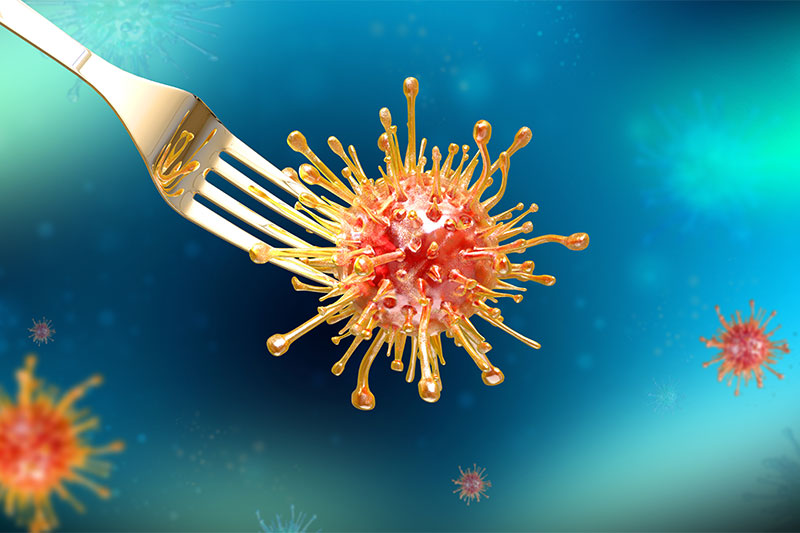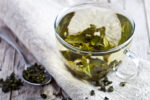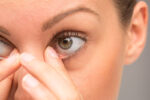Food poisoning occurs when you consume contaminated foods. Certain individuals face a higher risk of suffering from food poisoning including children, elderly people, immune-compromised persons, and pregnant women. The condition is caused by the presence of some types of bacteria in the human body such as campylobacter, listeria, salmonella, and e-coli. Food poisoning is an unpleasant condition that can lead to serious medical conditions. It can also be fatal if the case is serious. There is an assumption that food poisoning is more likely to occur if you eat out in restaurants or fast food places. The truth is that you can actually get sick from food that you have prepared at home.
The good news is that it is possible to prevent this condition if you take some simple precautions.
Hand Washing
It is advisable to wash your hands regularly using warm water and soap and then dry them. This should be done before you handle any food. Clean your hands especially after you handle certain raw foods such as eggs, fish, and meat. Hand washing is also necessary after using the bathroom, take out the trash, blow your nose, and pet animals. These actions will help to reduce the risk of contamination and prevent food poisoning.
Food Storage
Improper food storage can lead to food poisoning. Avoid eating foods that taste spoiled and those with unusual odors. Read labels carefully to make sure the food is safe for consumption. Set your refrigerator at 41 degrees F and make sure the freezer is below 32 degrees F to prevent food from getting spoiled. Allow cooked food to cool completely before you refrigerate it. Cover all the foods before storage. Separate the meats from other types of food to prevent contamination.
Clean Kitchen Surfaces
All kitchen surfaces should be cleaned before you place any food on them. The cleaning also needs to be done after you use them. Clean with some water and soap. Cleaning is especially important if you prepare vegetables, fish, raw eggs, meat and poultry on the surfaces. Most people use antibacterial sprays to clean their kitchen surfaces but this is not necessary if you use hot water and soap.
Eating Out
The food you eat at a restaurant or café can cause food poisoning if it has not been properly prepared or stored. Ask for pasteurized fruit juice when you eat out. Avoid salad bars and buffets if possible. Stay away from sauces, salsas, and salad dressing that are not in single-serving packages.
Clean Tea Towels and Dishcloths
Tea towels and dishcloths can be the source of contamination in your home if they are not cleaned regularly. Use a clean cloth or towel every day. It is important to allow them to dry completely before using them because bacteria tend to thrive in damp and wet areas.
Cooking Food
Cook your food thoroughly especially if it is animal protein. Check to make sure there is no pink meat inside your kebabs, sausages, burgers, pork, and poultry before you eat.
Food poisoning can be deadly but it is easy to avoid the condition through proper hygiene. Clean your hands regularly, wash towels and dishcloths after use, and make sure your kitchen surfaces are always clean. Cook food carefully and store it appropriately to prevent bacteria from growing.




